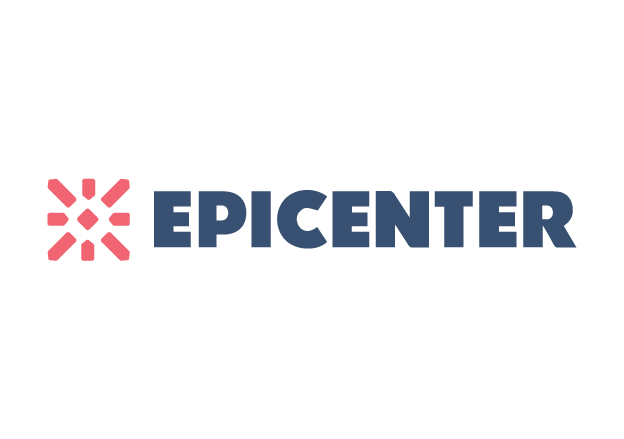
Epicenter, Alchemist and the Memphis Supply Chain Industry Invite Your Startup to Tackle Real-World Logistics Challenges.
If you're excited about building a scalable company addressing these challenges, we encourage you to submit your pitch for one of the four challenge areas below.
Today’s business world is moving faster than ever. In an environment where the world’s largest enterprises constantly seek solutions to maintain a competitive edge, it makes sense to work with innovative startup founders who take risks to solve industry-specific business challenges. The supply chain and logistics industry is no exception, and as the nation’s logistics hub, Memphis is the ideal place to explore the challenges and potential solutions in this market.
Epicenter, Alchemist Accelerator, and the Memphis supply chain industry have partnered to invite entrepreneurs and innovative startups to participate in the Logistics Industry Opportunity Challenge.
Whether you already have a startup built around solving one of the listed challenges or are excited to build a scalable company to address them, we encourage you to submit your pitch for a potential solution to one of the four challenge areas described below.
In addition to being introduced to industry leaders in logistics, founders will participate in facilitated conversations with prospective customers who face these challenges and are ready to try out solutions. Winning pitches will get the chance to implement their product in a real-life setting as a pilot project with the sponsoring corporations.
The Logistics Industry
Opportunity Challenge
Challenge Area 1:
Optimized Routing
Problem Statements:
1. How might we optimize shipment routing for cargo owners and logistics companies in a way that factors in the complexities of external inputs such as tariffs, weather, local regulation, theft risk, traffic etc., so that informed routing decisions can be made in near real-time to maximize profit while staying in compliance?
1. How can we provide full end-to-end traceability that is immutable and tamper-free for cargo owners and shipping companies, that doesn’t require the adoption of new technologies by all participants in the supply chain, so that we reduce the risk of theft, and maintain the security and transparency of the custodial chain?
Challenge Area 2:
End-to-end traceability
Problem Statements:
Challenge Area 3:
Automation
Problem Statements:
1. How can we automate repetitive manual processes for our customer-facing operations in a way that requires less human touch so that we improve customer satisfaction, the speed of operations, and cash flow? Representative use cases include (a) using voice AI agents to make regularly scheduled check-in status calls with drivers
2. How might we introduce more automation for port facilities in a way that aligns with Union goals so that we could show obvious benefits without replacing employees, to facilitate the adoption of new technologies without incurring work stoppages. Possible solution areas include Safety Automation.
3. How might we create a matchmaking payment system for wage earners (drivers and other product-based workers like warehouse staff) and employers in a way that matches a driver’s or worker's take-home pay expectation with available loads & routes so that workers can plan and sign up for a specific workload to get a desired take-home pay, and employers can deliver a better employee experience increasing retention.
Challenge Area 4:
Data Mining
Problem Statements:
1. How can we use existing ELD data (whether owned by us or just accessible to us) in a way that provides value without requiring new/additional business units to create a new revenue stream?
2. How can we get more actionable insights to improve our operations in a way that utilizes proprietary data we already have (e.g the massive volume of ELD data), by providing access to it to a 3rd party that would analyze it?
Apply Today!
Whether you have a solution to one of the listed problems that is ready for customers, a working prototype or MVP, under development, or just an idea, we highly encourage you to apply for the challenge. Application for the Logistics Industry Opportunity Challenge open on March 3, 2025 and close on April 14, 2025.
Epicenter’s Industry Opportunity Challenge is presented
in partnership with Alchemist Accelerator and Memphis World Trade Club







